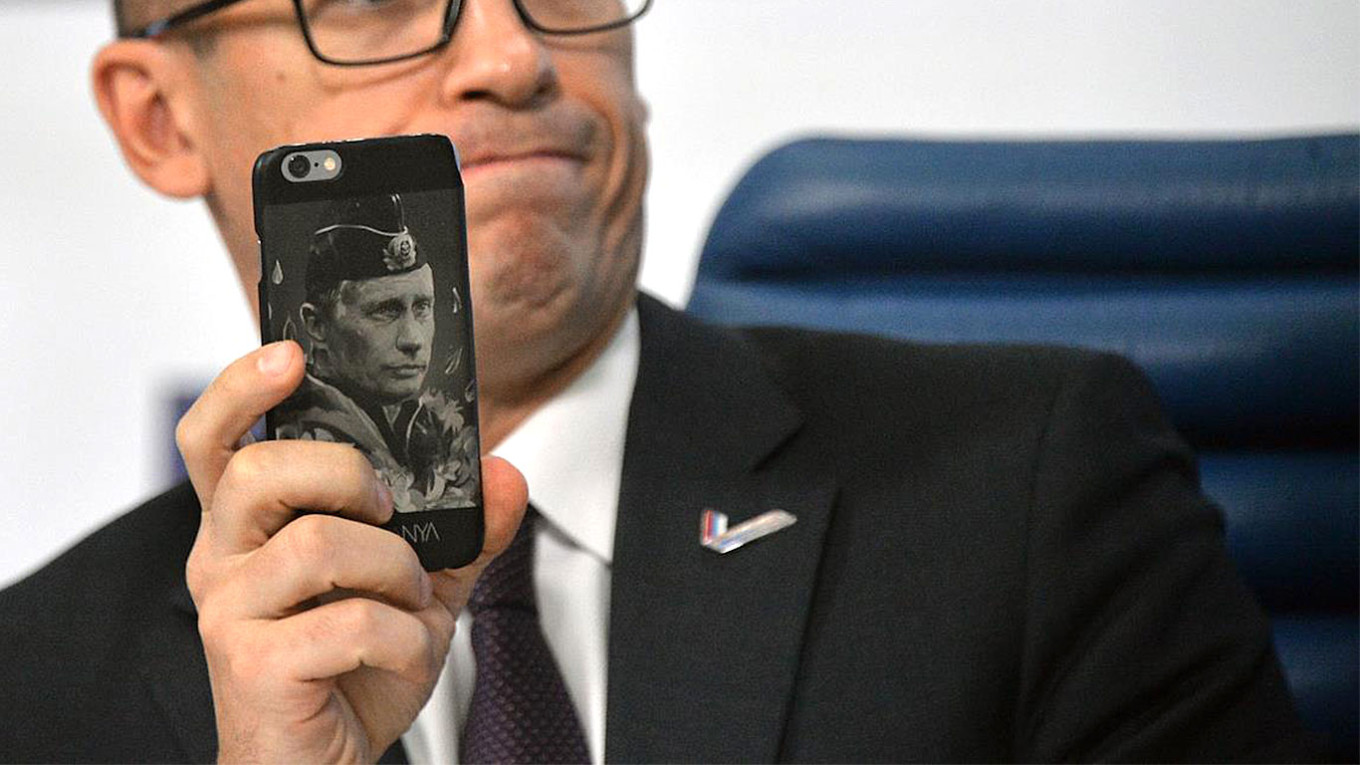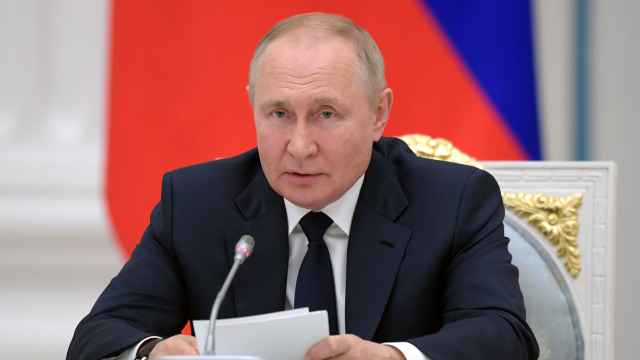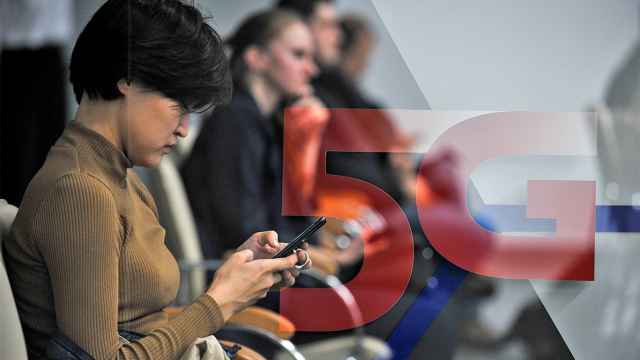Russian government officials have been banned from using their iPhones during cabinet meetings and for work purposes amid claims that the U.S.-made smartphones are equipped with spying technology, independent journalist Farida Rustamova reported Thursday, citing sources.
The ban on Apple devices, which applies to deputy prime ministers, ministers and other staff, came after a warning from the Federal Security Service (FSB), Rustamova cited her sources as saying.
Earlier this month, the FSB said it had detected “anomalies” in some iPhones in Russia — including those used by members of Russia’s diplomatic missions — caused by “malicious software” that it linked to “surveillance operations by American intelligence services.”
The detected malware "indicates the close cooperation of… Apple with… the U.S. National Security Agency and confirms that the user privacy policy declared by Apple… is not accurate," the FSB said.
Kremlin spokesman Dmitry Peskov has said that as many as 30% of employees in the Russian presidential administration continued to use iPhones for personal communication.
In March, the Kommersant daily reported that Kremlin staff involved in President Vladimir Putin’s 2024 re-election campaign were barred from using their iPhones for fear of espionage.
The Kremlin's first deputy chief of staff Sergei Kiriyenko also reportedly issued a “final word” on whether to ban iPhones after a debate on the issue broke out at a seminar near Moscow in early March.
According to Kommersant, the Kremlin believes iPhones are more susceptible to hacking and espionage by Western specialists than other smartphones.
Still, several Russian officials and managers at state-owned enterprises were spotted holding iPhones at this month's St. Petersburg International Economic Forum.
A Message from The Moscow Times:
Dear readers,
We are facing unprecedented challenges. Russia's Prosecutor General's Office has designated The Moscow Times as an "undesirable" organization, criminalizing our work and putting our staff at risk of prosecution. This follows our earlier unjust labeling as a "foreign agent."
These actions are direct attempts to silence independent journalism in Russia. The authorities claim our work "discredits the decisions of the Russian leadership." We see things differently: we strive to provide accurate, unbiased reporting on Russia.
We, the journalists of The Moscow Times, refuse to be silenced. But to continue our work, we need your help.
Your support, no matter how small, makes a world of difference. If you can, please support us monthly starting from just $2. It's quick to set up, and every contribution makes a significant impact.
By supporting The Moscow Times, you're defending open, independent journalism in the face of repression. Thank you for standing with us.
Remind me later.






